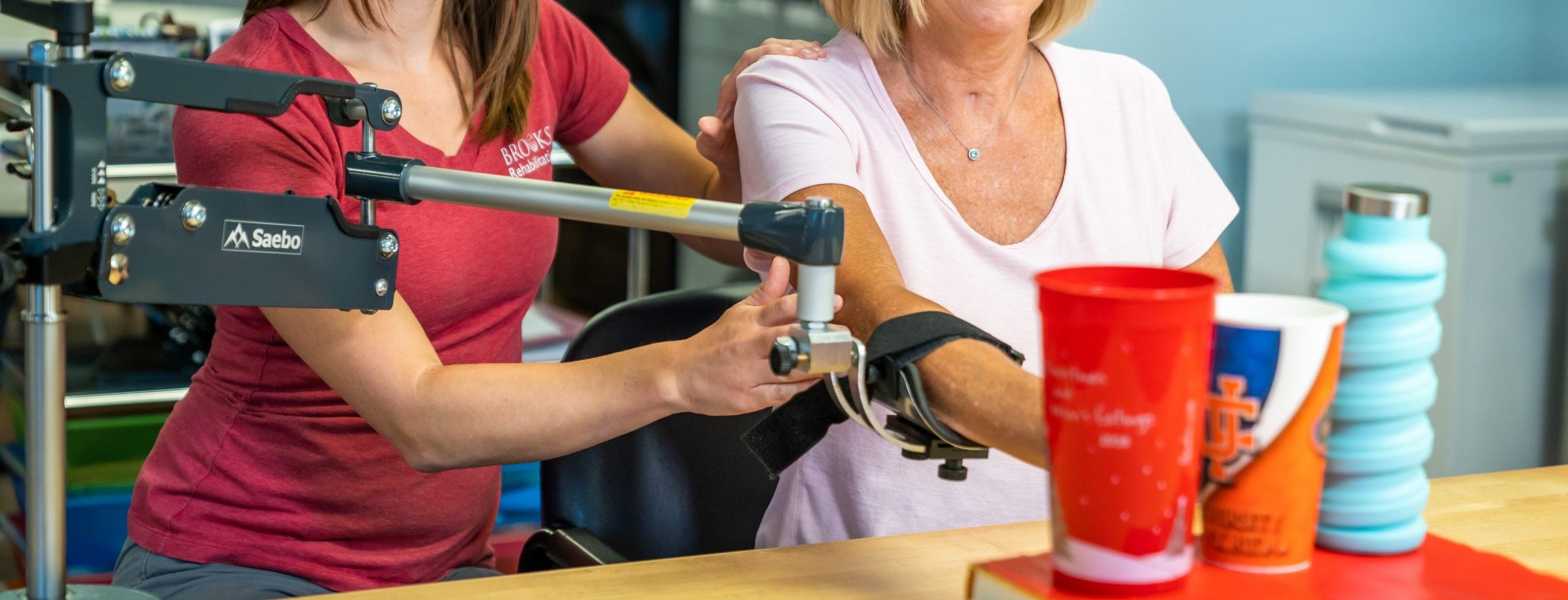What is Guillain-Barré Syndrome?
Guillain-Barré Syndrome (GBS) is a rare neurological disorder in which the immune system attacks the peripheral nervous system. This can cause muscle weakness or paralysis, as well as numbness and tingling. In severe cases, GBS can also affect respiratory function and an individual’s ability to breathe independently. In most cases, individuals with GBS will need to be hospitalized for treatment.
What causes GBS?
The exact cause of GBS is unknown. However, most cases occur after a preceding infection, such as a respiratory or gastrointestinal infection. GBS can occur at any age, but is more common among adults.
When an individual develops GBS, the immune system affects the peripheral nerves by causing damage to the myelin sheath and in severe cases, the axon. The myelin sheath surrounds the axon and allows for efficient transmission of nerve signals. The axon carries nerve impulses.
When there is damage to the myelin sheath or axon, transmission of nerve signals to the muscles is disrupted. This causes weakness and sensory changes, which can lead to varying levels of physical impairments.
Symptoms of Guillain-Barré Syndrome
Initial symptoms of GBS typically include numbness and tingling in the hands and the feet.
As the condition progresses, individuals will develop weakness that normally progresses from the feet to the legs and upper body. This can cause difficulty or loss of balance with walking and stairs.
With severe cases, GBS can cause paralysis, leading to difficulty with basic daily functions, such as eating and getting dressed. It can also affect breathing muscles in severe cases.
Other symptoms of GBS include fatigue, difficulty swallowing or speaking, difficulty with eye movement, double vision, abnormal heart rate or blood pressure, and difficulty with bowel and bladder function.
How is Guillain-Barré Syndrome diagnosed?
Guillain-Barré Syndrome can be difficult to diagnose initially, as it presents similarly to other neurological disorders. A diagnosis of GBS is confirmed through a combination of a comprehensive physical examination by a physician and one or more positive diagnostic tests.
These tests include lumbar puncture, which assesses protein levels in the spinal fluid, nerve conduction testing, which assesses the speed of nerve signals, and electromyography, which assesses the response of muscles to nerve activity. These tests will be performed in an acute care hospital.
How is GBS treated?
There are two types of medical treatment used for GBS to decrease illness severity and improve recovery time. These include immunoglobulin therapy, also known as IVIg, and plasmapheresis, or plasma exchange.
These treatments will be completed in an acute care setting to perform consistent patient monitoring. Because GBS frequently leads to weakness that affects a person’s ability to complete daily activities such as walking, climbing stairs, and getting dressed, individuals diagnosed with GBS often require rehabilitation services, including physical therapy, occupational therapy, and speech therapy, to facilitate return to their prior level of function. Most individuals will transition to a rehabilitation hospital like Brooks to receive these services.
What are the potential complications of Guillain-Barré Syndrome?
Potential complications of Guillain-Barré Syndrome include breathing problems, nerve pain, residual numbness and tingling, arrhythmias, blood pressure problems, and bowel or bladder dysfunction.
The immobility associated with GBS can increase the risk for blood clots and pressure sores. Medical intervention and rehabilitation services can help address and prevent these complications.
What is the long-term outlook?
Approximately 70% of individuals diagnosed with GBS fully recover. Around 30% will have long-term symptoms from nerve damage, including fatigue, weakness, or numbness and tingling.
Recovery from GBS can take anywhere from a few weeks to several years depending on severity of an individual’s symptoms. Medical treatment and rehabilitation services serve to improve recovery time and optimize return to an individual’s life before their diagnosis with GBS.
Where to get treatment?
Brooks provides rehabilitation services, including physical therapy, occupational therapy, and speech therapy for those with GBS to address any physical impairments associated with the disease and facilitate return to their prior level of function.
The therapy team approaches each patient holistically to design treatment plans specific to each patient’s goals and needs for recovery. Brooks also provides comprehensive medical management for those with GBS after treatment in an acute care hospital to manage any medical complications associated with GBS.


